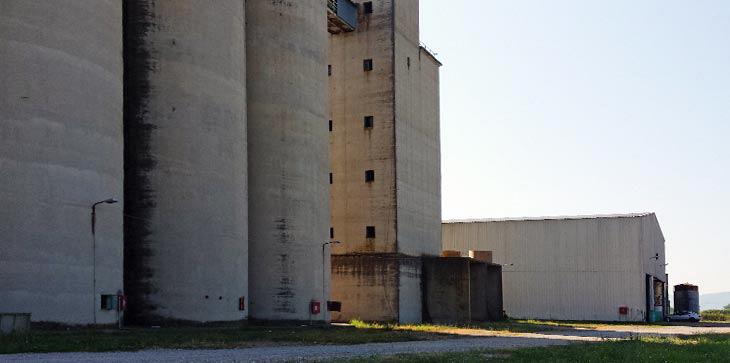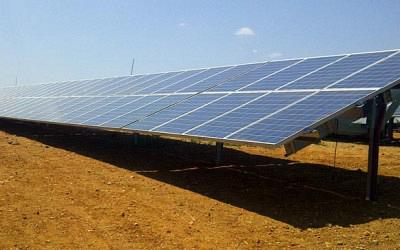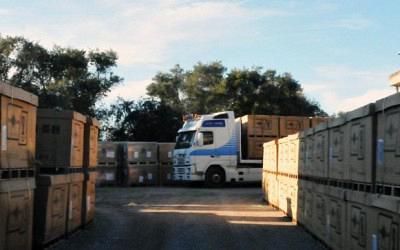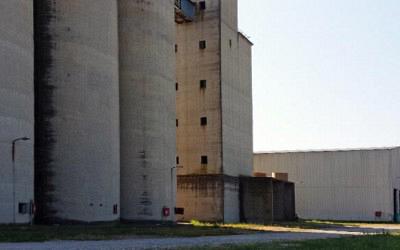
General Information on Biomass-Biogas
Biomass is mainly used to produce heat and electricity. In particular, it can be used to meet energy needs (heating, cooling, electricity, etc.), even for the production of liquid biofuels (bioethanol, biodiesel, etc.).
Biomass is the biodegradable fraction of products, waste and residues from agriculture (including both vegetal and animal substances), forestry and related industries, as well as the biodegradable fraction of industrial and municipal waste.
By the term “Biomass” we define the material of biological (organic) origin. Practically, any material that is directly or indirectly derived from the plant world falls in this category. More specifically, by the term “biomass” we mean crop and forest residues (firewood, branches, straw, sawdust, oil-cake, pits), animal waste (manure, fisheries’ waste), plants cultivated in energy plantations to be used as energy source, municipal waste and residues of food industry, agricultural industry, as well as the biodegradable fraction of municipal waste.
Biogas
Biogas is mainly produced by the anaerobic digestion of livestock effluents (waste from pig and cattle farms), by agro-industrial wastes and sewage and by the municipal organic waste.
It consists of 65% methane and 35% carbon dioxide and can be energy-wise useful, powering internal combustion engines, gas burners or gas turbine, so as to produce electricity and heat.
According to the Greek Biogas Association, the advantages of this alternative form of energy are extremely important for the economy and the environment.
1. Regarding livestock
Running a biogas plant in a stockbreeding area, bears the following immediate effect on the local economy and particularly on farms:
- It relieves the farms from additional investment and operating costs, as well as from practically inefficient biological treatment plants.
- Exempts farms from the current waste management costs.
- The farms acquire operating license without any additional investment.
- The cost of animal feed is reduced, as the fertilizer costs for rations are reduced.
- Farms have more space to use for their expansion.
2. Regarding agriculture and the Greek economy:
- Additional steady income for farmers through contract farming.
- Increased fertilization yield: Through nitrification that takes place during the anaerobic digestion of animal by-products /effluents, organic aggregates with strong chemical bonds are cleaved to inorganic compounds which are readily usable by plants. The processes direct consequence is the increase of agricultural production while reducing the cultivation cost.
- Organic soil-improver fertilizer. Saving money for farmers and breeders: The particular advantage of biogas plants, perhaps the greatest benefit to the Greek agriculture and livestock, ensuring reduced cost of rations. As is known, the high cost of crop is fertilizer, and farmers the cost of animal feed, which is constantly growing. Depending on the mixture of organic animal products / effluents and agricultural residues and silage in a region (eg cattle breeding, other farms), the content of digestate in minerals may be more suitable for use in agriculture. This has led to a fall in demand for fertilization with chemical formulations and therefore save money for farmers. With estimates of the Danish Institute of Agricultural Research (Danish Institute of Agricultural Sciences), the application of treated waste as fertilizer in a hectare of grass a profit 20 € to saving 34 kilograms of nitrogen fertilizer. A small biogas plant produces quantity of liquid or solid organic fertilizer (like free product), enough to cover the mulch 5000-10000 hectares, which can be given free to farmers. It is known that the land in Greece, after the reckless use for many years, chemical fertilizers have severe lubrication problem. Also important is that the use of the fertilizer from the biogas plant, the cost for the lubricating medium Greek farmer reduced by 40%.




